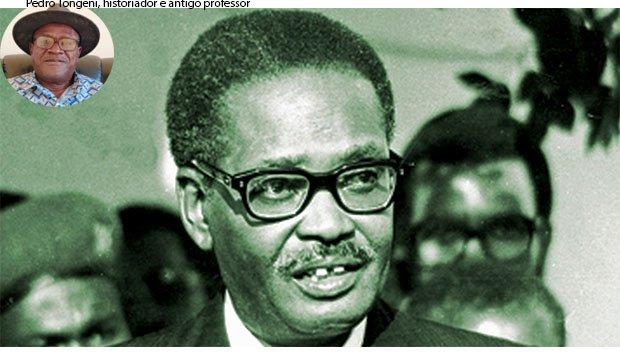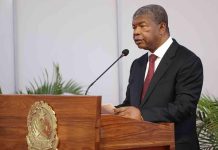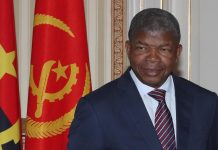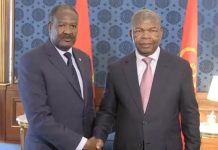Africa-Press – Angola. Historian and former teacher Pedro Tongeni, one of the forerunners of education in the province of Cunene in the post-independence period, highlighted the role of the first President of Angola, António Agostinho Neto, in the fight against illiteracy.
Pedro Tongeni recalls Neto’s orientation towards the creation of literacy centers throughout the country, from Cabinda to Cunene, and states that the fight against widespread illiteracy was one of Agostinho Neto’s main goals after the country achieved independence.
With 50 years dedicated to teaching, some of which in the position of head of the education sector in Cunene province, Pedro Tongeni recalls that it all started when President Agostinho Neto visited the Textang II factory, in Luanda, on 22 November 1976, the date on which he launched the challenge on the need for generalized education in the country.
“In his speech, Agostinho Neto guided the Ministry of Education to make efforts to teach Angolans to read and write. later it was called Educator’s Day”, explained the former teacher.
Although it was in 1978, the reform of education in the country began, concomitantly with the abandonment of the colonial education that was in force, whose ideals were molded to the culture of the colonizing country.
The historian also recalls that during the period in which the colonial regime was in force there were few schools, this being a policy to limit the access of Angolans to education.
Pedro Tongeni pointed out that it was practically from 1961, due to the pressure of the national liberation struggle and due to the criticism of the international community about the poor performance of the colonizer in the area of education, that the colonial regime began to minimally organize the education system in Angola.
“That’s how they tried to implement some schools called Postos Escolares, which only worked with one teacher in towns or villages where there were communities of white race said.
The former teacher said that with the intensification of the liberation struggle in the country, he forced the settler to make some concessions in order to multiply the number of schools in the suburban and rural areas.
Church Intervention
The former head of Education in Cunene said that the few people who could read and write at that time were those who were taught by the religious missions, especially those from the Catholic Church and the Evangelical Lutheran Church.
This teaching was implemented in the sense that people learned to read the Holy Bible and religious songs. “It was there where people learned to read and write”, he highlighted.
The historian reveals that, when Angola achieved independence, it was estimated that 85 percent of the population was illiterate, which was a cause for concern for the first Government of the People’s Republic of Angola, led by Agostinho Neto.
He said that it was in 1978 that the creation of national and provincial literacy centers began, with a view to popularizing literacy at the level of municipalities, communes and villages.
For More News And Analysis About Angola Follow Africa-Press






